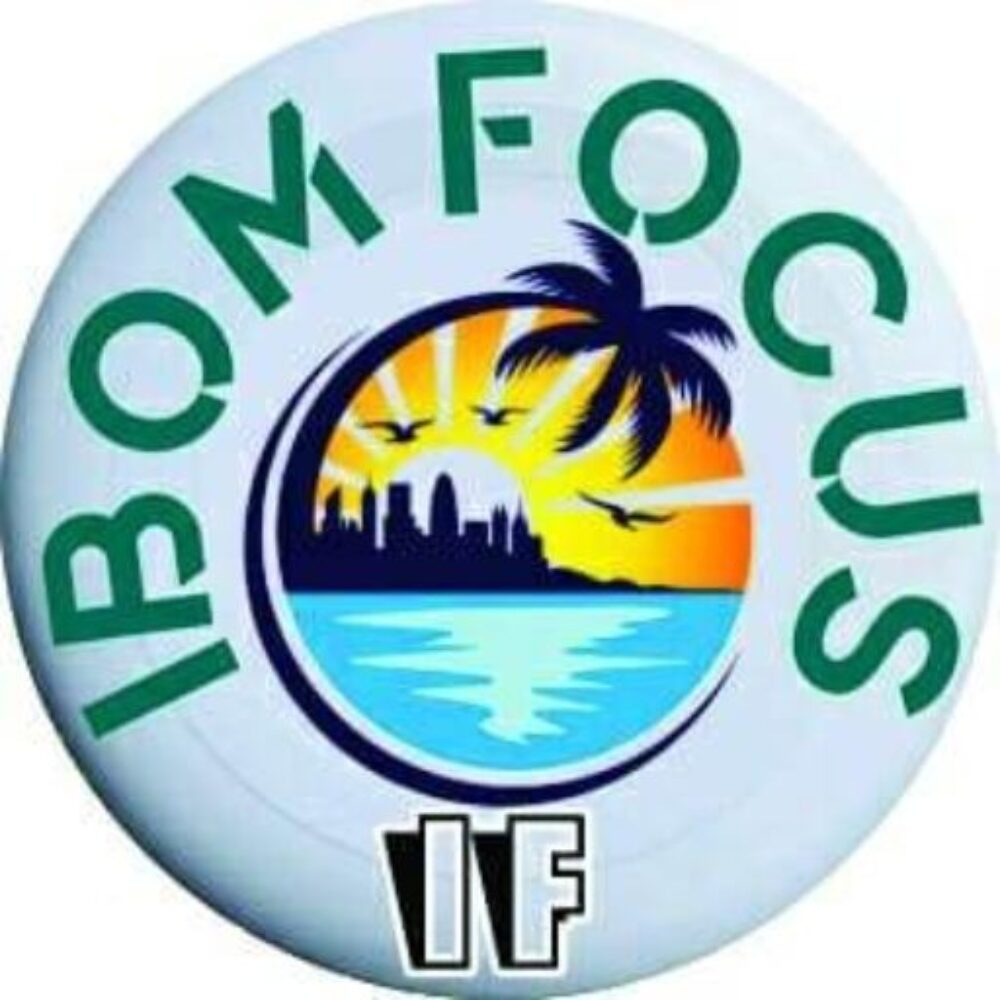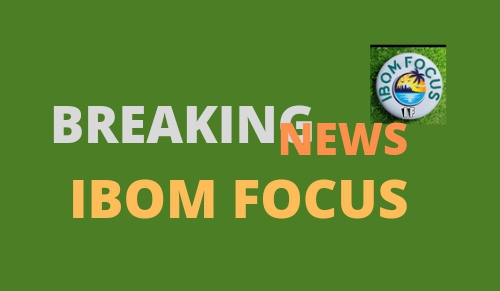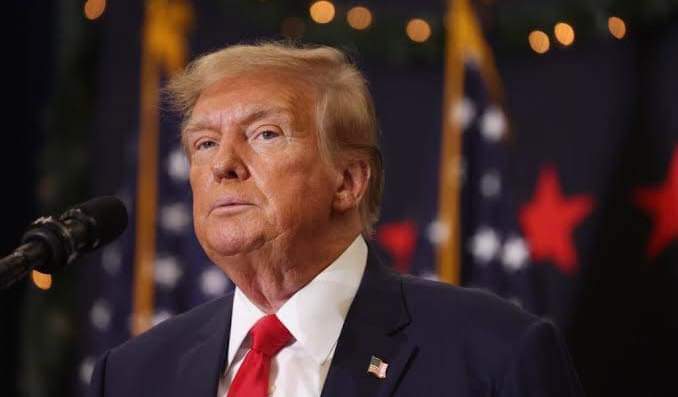Jonathan Paid Israeli Contractors To Hack Lai Mohammed’s Phones
Jonathan Paid Israeli Contractors To Hack Lai Mohammed’s Phones
Former President Goodluck Jonathan’s campaign contracted an Israeli dark group that hacked into the phones of then-opposition leader Lai Mohammed in 2015, a new report said on Wednesday citing leaked documents.
Hacking contractor Tal Hanan bragged about how his group of election manipulators was responsible for wreaking “havoc during African election day” in Nigeria. He subsequently listed some of his dark exploits during the March 2015 presidential election, claiming responsibility for an attack that rendered Mr Mohammed’s phone useless, according to the report by a consortium of mainly European outlets coordinated by Forbidden Stories.
Mr Mohammed confirmed the report, telling the UK Guardian that his line was indeed blocked from incoming and outgoing calls during the election, which Mr Jonathan lost to Mr Mohammed’s All Progressives Congress candidate Muhammadu Buhari. APC leaders briefly mentioned the incident during the 2015 elections, but no investigation was conducted at the time to know who was responsible or how.
“We were at the party’s situation room in the morning of the presidential election, only to discover that his phone line had been blocked,” Mr Mohammed’s office recalled the incident to the UK outlet. “He could neither receive nor make calls, and that was very serious because he was the live wire of the opposition.”
A spokesman for Mr Jonathan did not return a request seeking comments about the breach as uncovered by the European outlets, which was among several nefarious tactics activated by Mr Jonathan and his Peoples Democratic Party allies as their desperation grew in the run-up to the election.
It was not immediately clear whether or not other APC leaders were affected by the hacking incident, and the value of the contract was not immediately gleaned from the released files. But, after losing the election, Mr Jonathan swiftly placed a congratulatory call to Mr Buhari, a rare breakaway from the sit-tight syndrome of African leaders that earned him widespread accolades.
Mr Hanan, who also goes by ‘Team Jorge’, also claimed responsibility for a fake photo that circulated during the election, alleging how women were being disenfranchised in large numbers and forcing extension of voting in some polling units.

The documents also indicated that Mr Hanan had access to top national security information during his work for Mr Jonathan. He shared information about the postponement of the 2015 election before it was officially announced.
“I have received strong indication that the elections will not take place on the 14th,” Mr Hanan said in a February 7, 2015, correspondence, adding that “plans are made to” push back the exercise for “few weeks.”
His findings, he said, came from “a top source,” and warned his colleagues to “Plz be careful circulating it.” The election was officially announced postponed on February 8.
The development confirmed previous disclosure that Mr Jonathan contracted foreign elements to manipulate elections in his own country to retain power. Previously in 2018, information from the Cambridge Analytica leak suggested that Mr Jonathan contracted the UK group to influence public opinion and electoral choices in 2015.
Mr Hanan worked with Cambridge Analytica for the 2015 project, the latest leak showed, with some meetings taking place in London, Davos and Abuja.
Mr Hanan’s terse response to an enquiry from The Guardian only said: “To be clear, I deny any wrongdoing.”
The report marked the latest in a string of disclosures that appeared to show Nigeria’s steep connections to Israeli hacking contractors and manipulators, a practice not unique to one party or government in Nigeria. While Mr Buhari’s party was a victim of the breach in 2015, his government has continued to acquire contractors and equipment from Israel to spy on Nigerians, including opposition PDP elements.
In 2021, Mr Buhari’s chief of staff authorised the blocking of The Gazette’s website using hacking tools believed to have been supplied to network carriers by Israeli firms. The administration did not deny its role in the unconstitutional restrictions, which The Gazette’s lawyers are still pursuing in federal courts.





